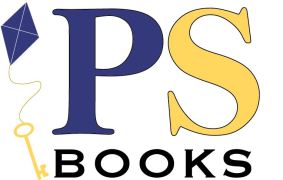I know my grammar is bad. I change tenses sometimes even in the same sentence. There are common words that still confuse me. I even wonder how I passed my grammar course in college. But there is one thing I do know.
The word “AND” is a conjunction. Actually, “and” is called a coordinating conjunction meaning it connects two or more sentences of equal structures in a sentence(Understanding English Grammar, Kolln and Funk, 388). My best friends at Strunk and White say basically the same thing about coordinating conjunctions (coordinating conjunctions join two similar grammatical structures together in the same sentence Elements of Style, 91). Basically it means there are two similar structures in the same sentence and these are linked by the coordinating connection. Here is a very basic example taken from Kolln and Funk: Tim and Mary went to the baseball game. In the sentence there are two subjects (which are the same grammatical structure) connected by the word “and.”
I bring this all up today because I fear for our sentences. Somewhere along the line, someone got it in his or her head to start a sentence with “and” is perfectly acceptable. In most of the research into why this is happening, people are blaming emails, facebook, and twitter. I can see blaming them for poor spelling; however, I would not say they are to blame for this “and” thing. I don’t know why it has started but I know it needs to stop.
I don’t understand the reasoning for beginning a sentence with “and.” Are people looking to be the next e.e. cummings? Do people not understand the function of a conjunction? When did “and” become an article verses a conjunction?
When I see “and” starting a sentence it is like seeing an all I can eat sundae buffet; I don’t know where to start or what to pick, but I know it’s all getting destroyed.
Using “and” to start a sentence leads to sentence fragments (another one of my grammar pet peeves I will discuss in my next blog). Sentence fragments dumb down any writing. I understand in dialogue sentence fragments can have a purpose. No one really speaks in complete thoughts. But outside of dialogue, there is no justifying a sentence fragment. Okay, I hear the argument about setting a narrator’s tone, but let’s save the argument for the other blog.
The bottom line is do not use “and” to start a sentence. I don’t care if people are willing to accept the use of it, we can’t accept it. We are better than this!
